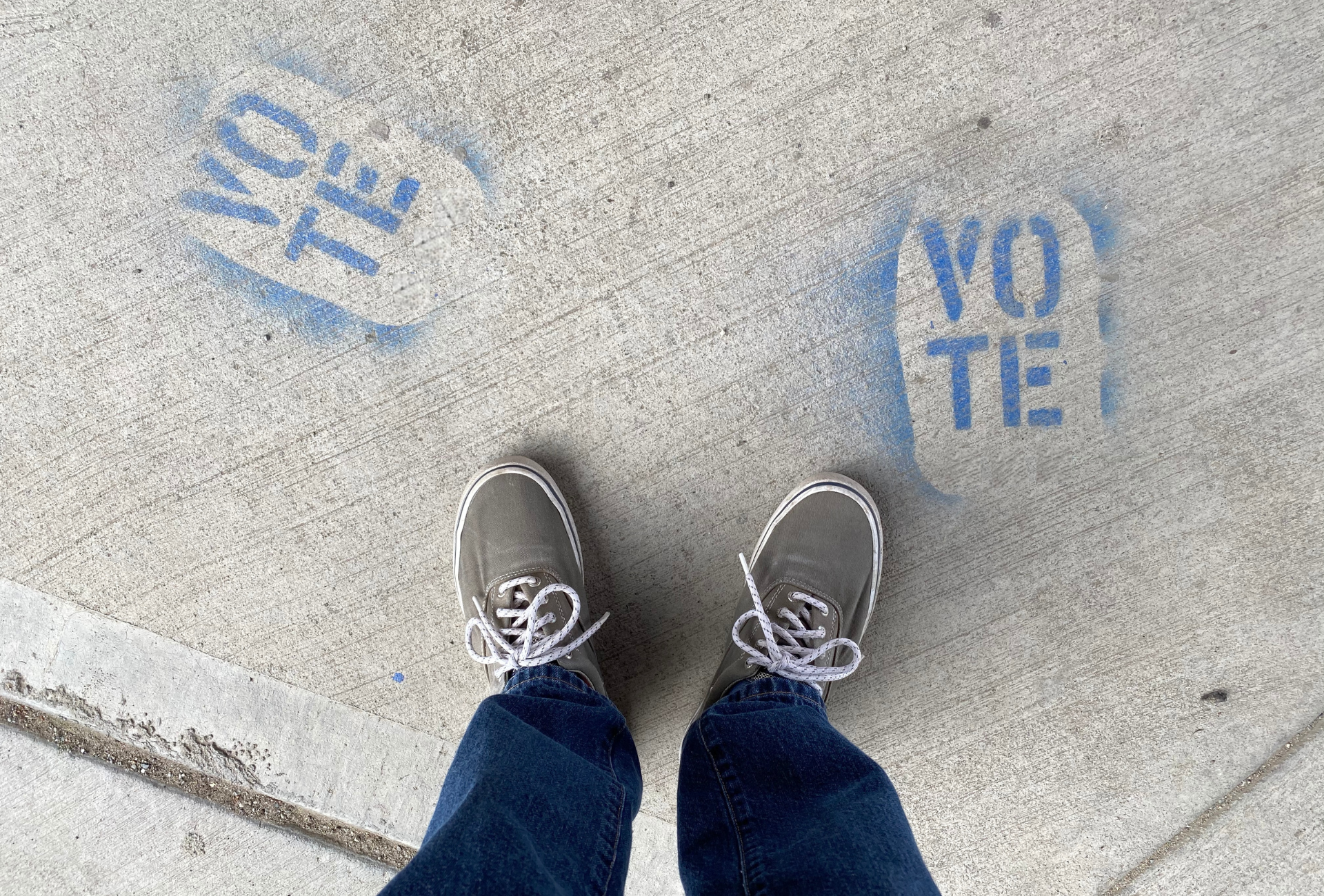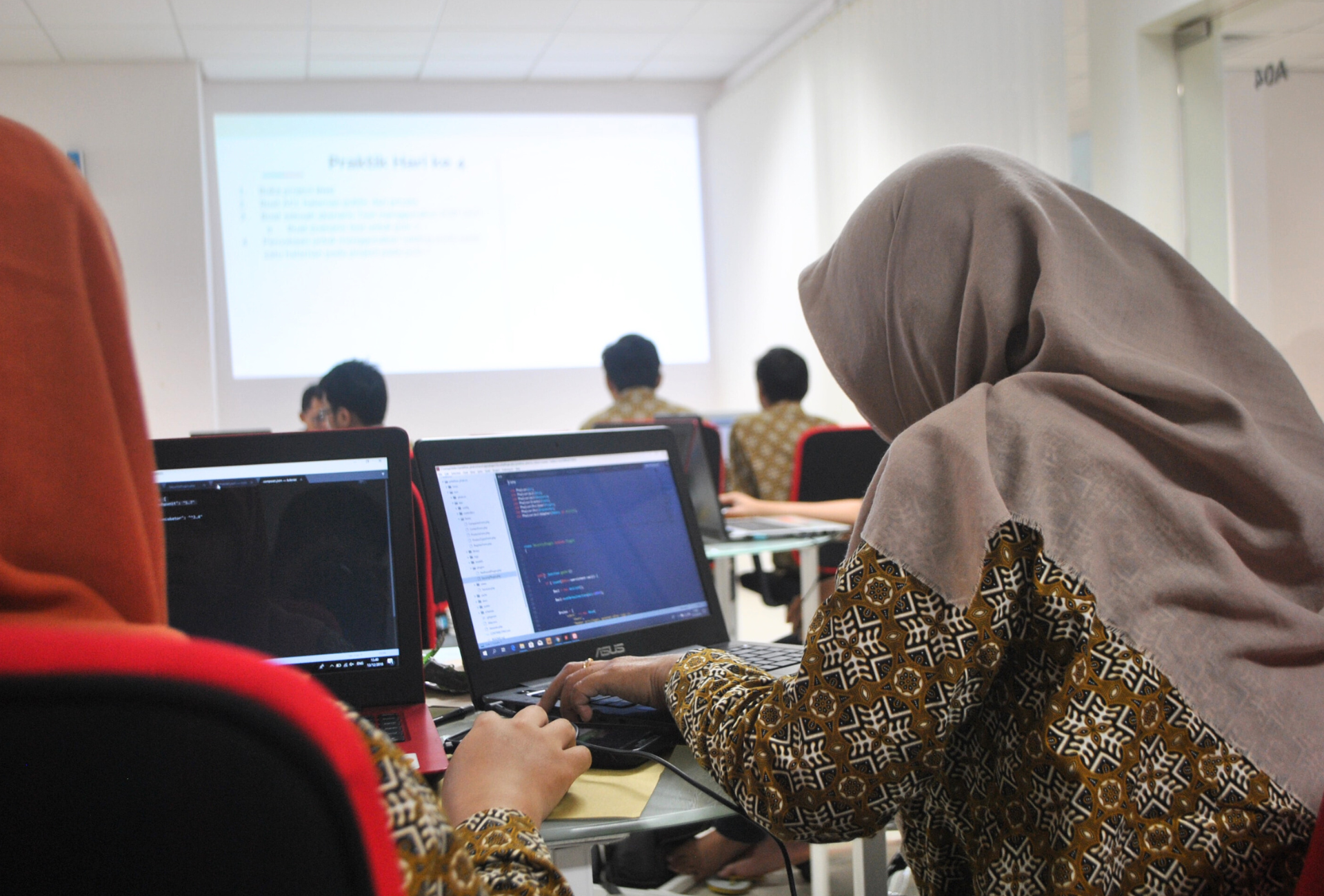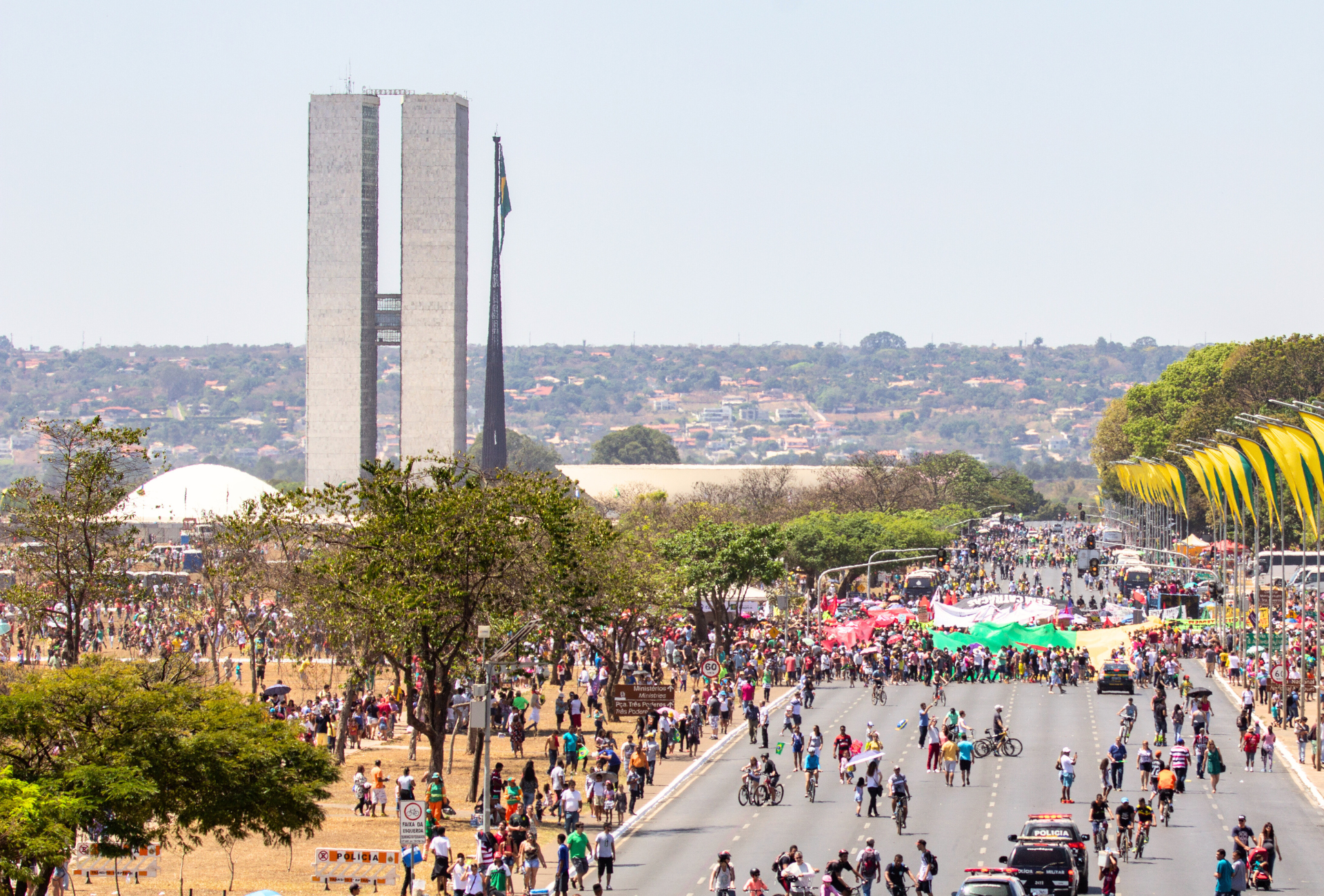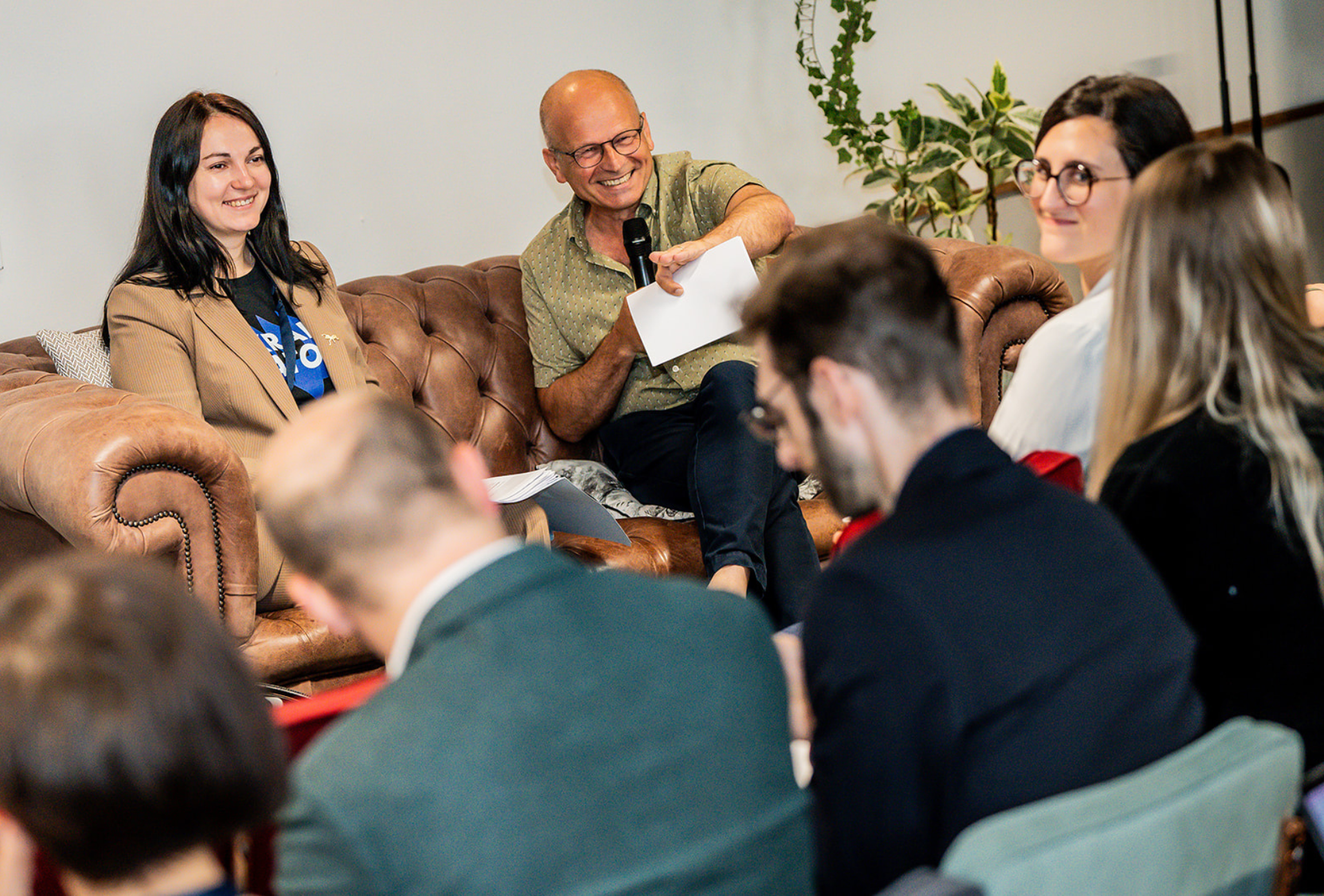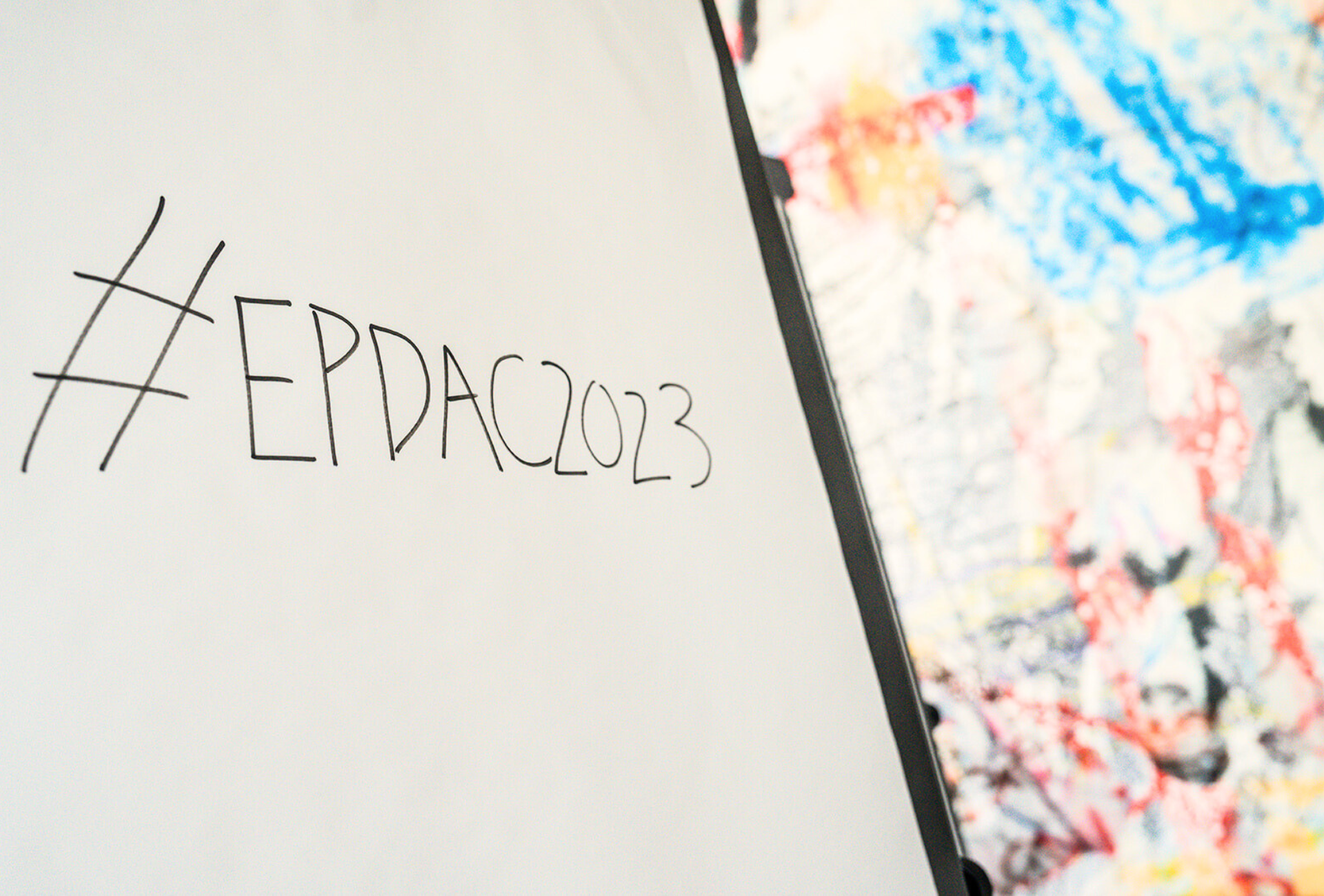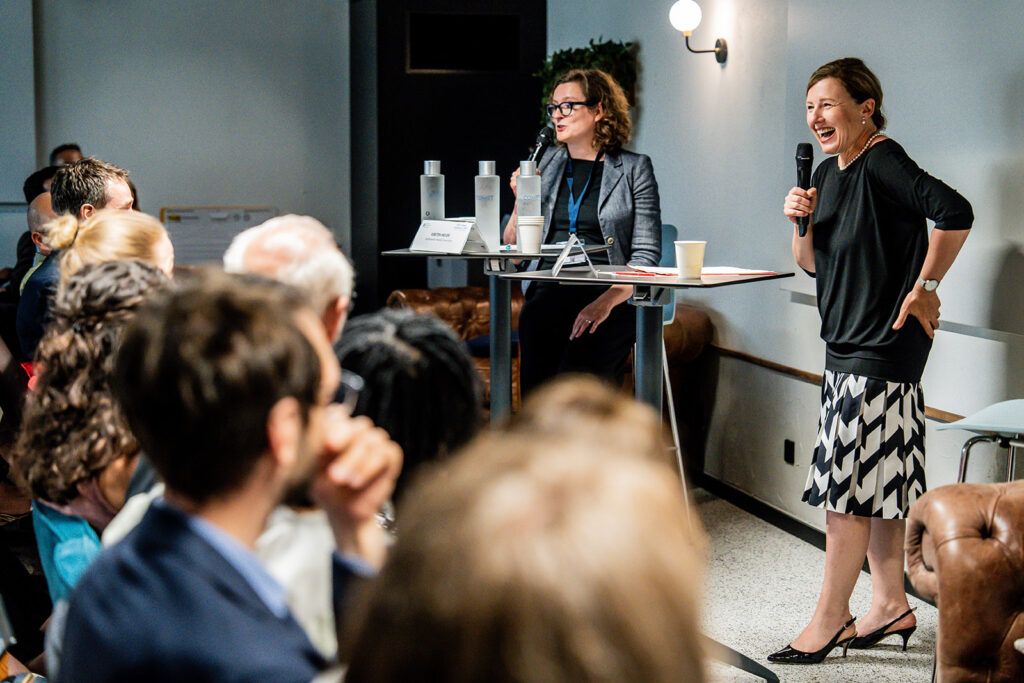Turning the page on 2023: 12 key moments for democracy this year
EPD’s Beyond Ballots newsletter has been tracking the most relevant events for democracy every week. As the curtains close on 2023, we have tailored an overview of the key democracy moments of these twelve months for our readers. Looking back with a sense of despair, witnessing our world gradually unravelling like threads in a delicate fabric, we sadly identify a mosaic of challenges and patterns of undemocratic practices.
January – From the US to Brazil: History repeating itself
As historians often say, “By studying history, we strive to prevent the mistakes of the past.” However, the assault on Brazil’s Congress premises by supporters of former president Jair Bolsonaro, on the second anniversary of Donald Trump supporters storming the US Capitol, proves that there are still many lessons to be learned. To prevent history from repeating itself a third time, Brazil’s Federal Electoral Court (TSE) has voted to prohibit Bolsonaro from holding office until 2030, due to his anti-democratic abuse of power and his role in the protests contesting his election defeat.
February – India’s attack on the freedom of speech
During the shortest month of the year, the BBC offices in India were raided by tax department officials for alleged violations of foreign exchange rules, weeks after the release of a documentary highlighting Prime Minister Narendra Modi’s leading role during the Gujarat riots in 2002, where more than 1,000 Muslims were killed. With no hesitation in exposing the country’s lack of freedom of expression and right to information, the Delhi High Court is actively seeking to sue the BBC on grounds of defamation. Coincidentally or not, later in April, all 67 accused in the Gujarat riots Naroda village massacre case were acquitted.
March – Second Summit for Democracy
In contrast to its inaugural edition in 2021, constrained by COVID-19 travel restrictions, the second Summit for Democracy on March 29th and 30th transcended borders, unfolding across the globe. Co-hosted by the USA, Costa Rica, the Netherlands, the Republic of Korea, and the Republic of Zambia, many believe the second #S4D lacked a clear purpose as it failed to offer a platform for reviewing and sharing the progress made on the commitments during the “year of action”. Alongside fostering more citizen engagement, the following improvements were identified during EPD’s 2023 Annual Conference ahead of the upcoming edition in South Korea.
April – Fleeing Sudan: A need, not a choice
On 15 April 2023, a violent power struggle erupted in Sudan’s capital Khartoum, between the two main factions of the ruling military regime: the Sudanese Armed Forces (SAF) and the Rapid Support Forces (RSF). To date, over 3,000 people have been killed and 6,000 others have been injured, as reported by the country’s health minister, Haitham Ibrahim. The conflict has led to the internal displacement of more than 1.9 million people, with an additional 550,000 crossing into neighbouring countries, according to the Displacement Tracking Matrix of the International Organization for Migration (IOM).
May – Unfair play in Turkey’s elections
“The entire nation of 85 million won,” claimed Recep Tayyip Erdogan while celebrating his re-election in May, despite garnering the support of only half (52%) of the electorate. This election not only provided the opposition, led by Kemal Kılıçdaroğlu, with its greatest opportunity yet to remove Erdogan from power but also offered Europe a significant opportunity to restore a relationship based on mutual trust with Turkey. However, the uneven playing field tilted the scales. The crackdown on dissent, the control and manipulation of social media, along with the biased coverage of Erdogan’s speeches (state TV provided him with 32 hours and 42 minutes of airtime, while Kemal Kılıçdaroğlu received only 32 minutes during the campaign’s peak), as documented by OSCE elections observation missions, demonstrates that although Erdogan may have won Turkey, Turkey has lost democracy.
June – Wagner’s failed coup attempt fallout
On 24 June, we woke up with a plot twist: Wagner boss Prigozhin ordered his troops to march towards Moscow, seeking revenge against Russia’s military leadership in Ukraine, only to order a retreat less than 24 hours later to avoid “bloodshed”. Wagner’s “heroic” domestic image played to their advantage as Putin had no alternative but to allow Wagner’s mutiny commanders to peacefully depart to Belarus, catalogued by many as a “weak move”, leaving the Russian President with no choice but to follow-up in one of two ways: either getting Prigozhin on his side or getting rid of him. Not long after US President Joe Biden stated “If I were him, I’d be careful what I ate”, the Wagner leader suspiciously died in a plane crash on 23 August.
July – Farewell to the ‘guillotine’ in Malaysia?
Great expectations had been pinned on an annual decrease in the recorded execution count in Malaysia. Although the death penalty is still legal, the Abolition of Mandatory Death Penalty Act 2023 lays the groundwork for substituting the mandatory death sentence of 12 offences with prison terms ranging from 30 to 40 years, in addition to 12 whipping strokes. This raised concerns among human rights organisations. While the country embarks on reviewing over 1,000 sentences, some of which have already received fairer judgments, and while compliance with international law springs up, a question arises: is this ‘‘a step towards global abolition or a pipe dream?’’
August: Guatemala’s modern way to subvert democracy
”People never go to the streets to celebrate political wins. It’s not in their hearts. But here, they were doing it”, explains ‘outsider’ Guatemala’s President-elect Bernardo Arevalo in an interview with journalist Eyder Peralta while recalling the shared joy about his unexpected election in August. But almost immediately, that moment was followed by attempts to keep Arevalo from taking office. Arevalo openly described the suspension of his party ”Movimiento Semilla” (for alleged wrongdoing in the gathering of signatures to register his party), as a ‘slow motion coup’, ”in which the justice apparatus is used to violate justice itself”. Only one month before his anticipated assumption of office on 14 January 2024, he faces a new challenge as public prosecutors threaten to annul his victory, raising all the alarms about the democratic process and leaving Guatemalans on tenterhooks waiting to see whether their will shall be respected.
September: Interstate turbulences in Eastern Europe
The advent of the new academic year brought with it an unfavourable weather forecast for Eastern Europe, where clashes and tensions began to pour down. On 19 September, following a 9-month blockade drenching the Nagorno-Karabakh region into starvation and a lack of vital life-support supplies, Azerbaijan launched a three-day attack asserting it was ‘‘necessary to restore order’’, forcing 120,000 Armenians to flee their homes through the ironically dubbed ‘Road of Life’. However, a final boarding call sounded for the Republic of Nagorno-Karabakh on 28 September 2023 as its president signed a decree to dissolve all institutions by 1 January 2024. Concurrently, a Kosovo-Serbian storm of violence also awakened, marking one of the most violent episodes since 1999 when a Serb paramilitary group ambushed a Kosovan police patrol. A hopeful wish emerges for the new year: washing away the clouds of discord across the European continent.
October: Beyond self-defence
Claiming the right to self-defence, following the massacre of 695 people committed by Hamas on 7 October, Israel has persistently bombarded Gaza through a bombing campaign and a ground offensive since. As of 21 December 2023, at least 20,000 Palestinians in Gaza have been killed, around 70% of whom were women and children; 52,000 others have been injured; 1,000 children are believed to have lost their limbs; entire families have been wiped out and thousands more are still under the rubble or unidentifiable. The international community’s reluctance to take a clear stance on the conflict led to a severe delay in calling for an immediate humanitarian ceasefire before the UN General Assembly, backed by a majority of 153 votes, adopted a resolution on 12 December 2023. However, Israel claims that it will continue the war with or without the international community, further deepening tensions in the region.
November: Uncharted far-right waters across the globe
Picture this: the first speech of a newly elected president, standing at the epicentre of a sea of eyes anticipating the usual chants of promises and optimism. After all, isn’t a better future that people envision one of the biggest motives to ‘‘waste’’ the only resting day of the week to cast their vote? Shattering all expectations and scripts during his first address, Argentinian President Javier Milei, nicknamed the ‘‘madman’’, claimed that “there is no alternative to a shock adjustment” with inflation heading towards 200%, underscoring the harsh reality that ‘‘there is no money’’. While Milei represents Argentina’s first libertarian president, the month of November also brought a rise of the far-right in the Netherlands. Geert Wilders and his PVV Freedom Party won the elections with 37 out of 150 seats in the Dutch parliament by wielding anti-EU rhetoric and advocating restrictions on what he described as an ‘‘asylum tsunami’’. However, as of today, 21 December, no coalition has yet been reached. With their slogans ‘Make Argentina great again’ and ‘The Netherlands for the Dutch people,’ we find ourselves wondering: is the tide of far-right populism contagious?
December: Africa’s coup chessboard
What did Gabon, Guinea-Bissau, Niger, and Sierra Leone all have in common in 2023? A worrying trend of chessboard-like coups. In December, violence between members of the national guard and special forces, described as an attempted coup d’état, led to Guinea Bissau’s President Sissoco Embalo making a strategic move to protect the democratic elected government by dissolving the parliament. Similar actions played out in Sierra Leone in November, as attacks on Sierra Leone’s military facilities and prisons were deemed an “attempted coup”. In August, shortly after Gabon’s President Ali Bongo’s re-election for a third term, military and police officers joined forces executing a widely backed coup, removing Bongo from the board, and check-mating a 56-year political dynasty. In July, in a fork move to justify overthrowing the government and placing Nigerien President Bazoum under house arrest (until today), the self-proclaimed de facto leader of the military junta General Abdourahamane Tchiani insisted on a TV address that he was saving the country from ‘the gradual and inevitable demise’. The domino effect of strategic moves leads us to wonder whether democracy has failed the continent.
2023 has been a rollercoaster of events, yet the prevailing sentiment leans towards fear rather than security (a reality that continues to resonate year after year as we write these recaps). Looking forward to next year, it already appears that this newsletter will Be(y)on(d) Ballots due to the record number of elections in 2024, which EPD will be closely monitoring.




